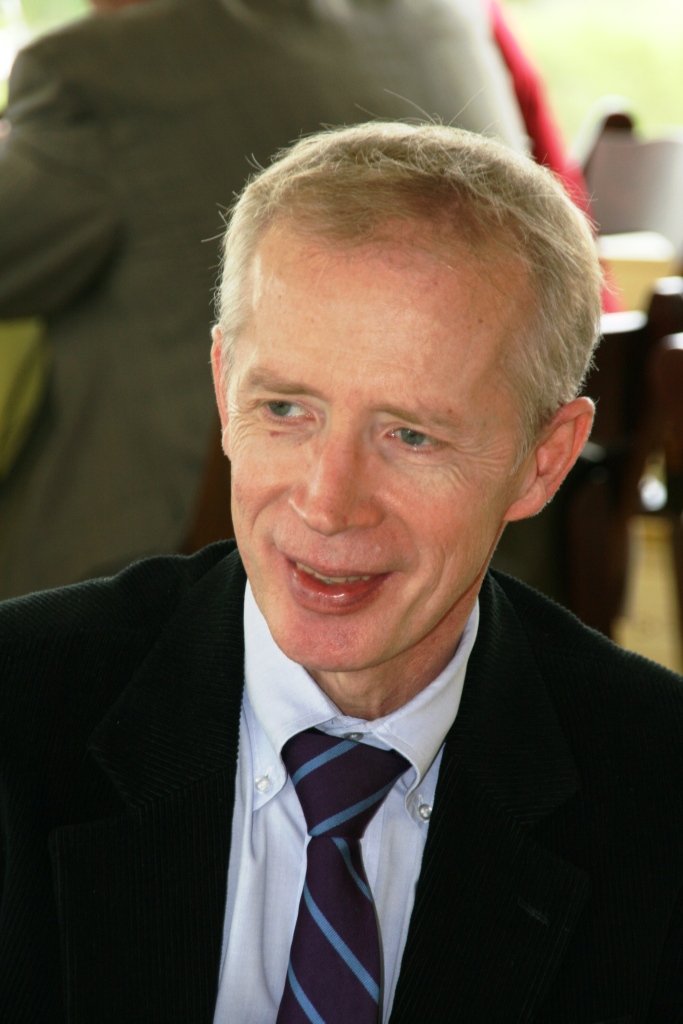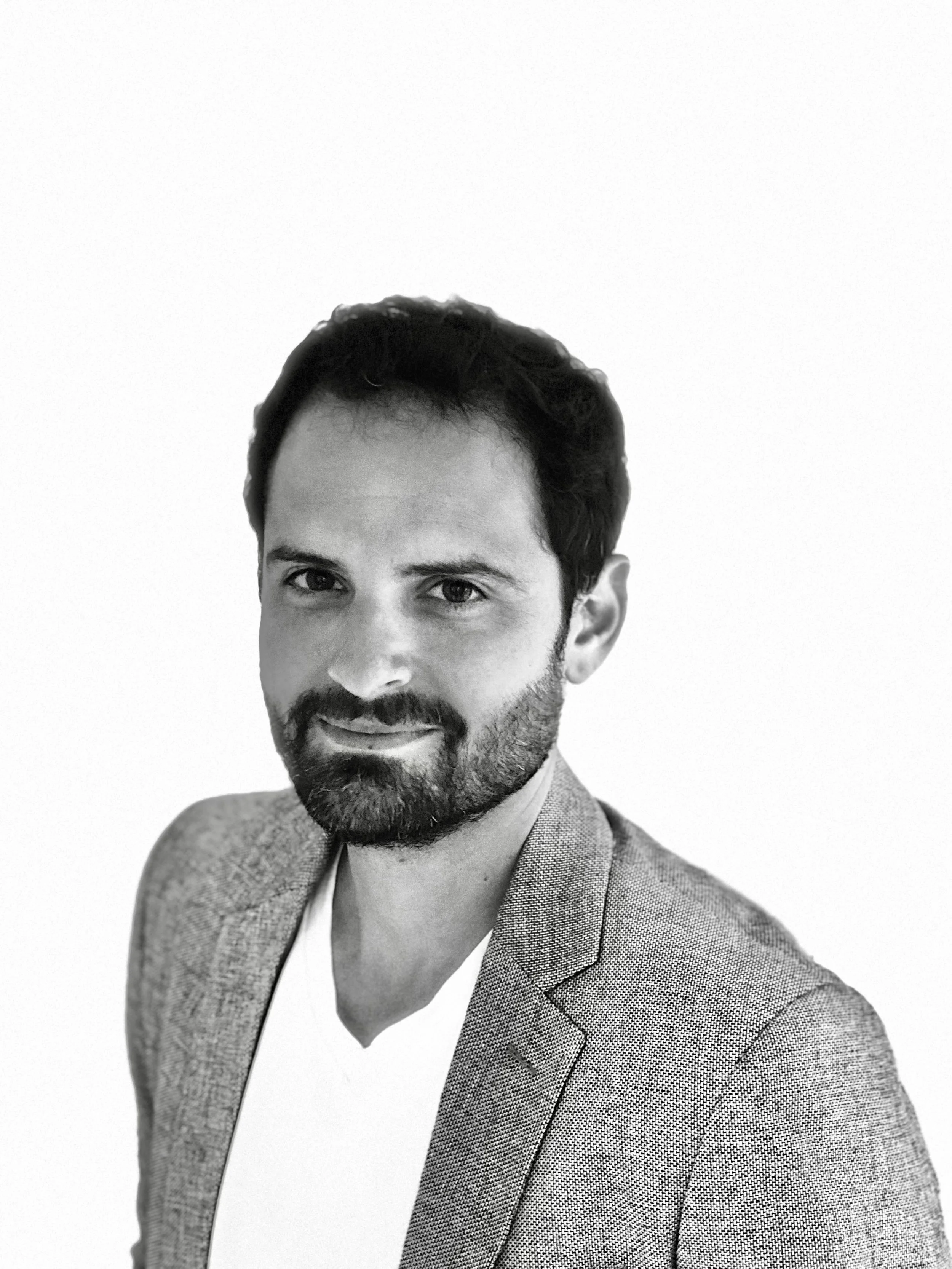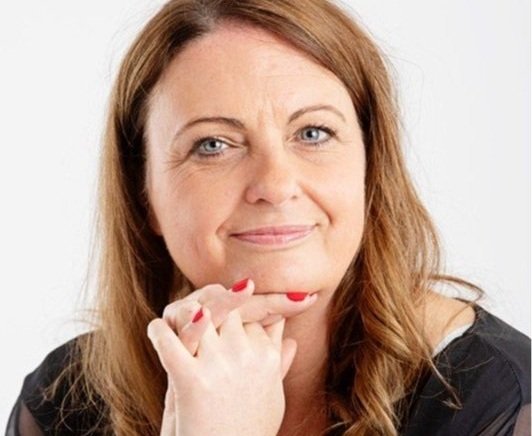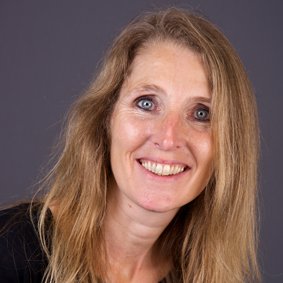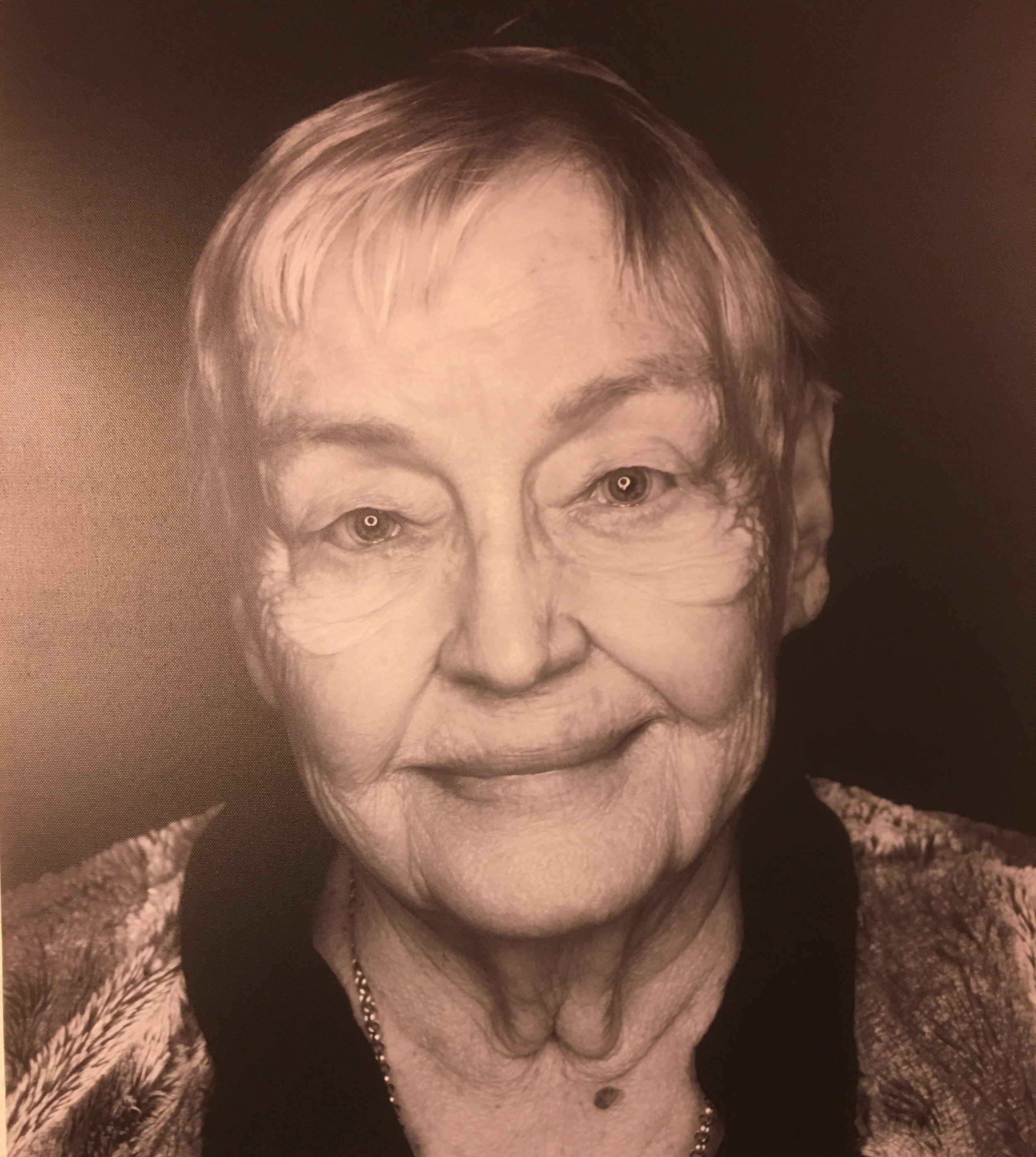What has feminism got to offer men in Argentina?
The present article aims to give a general outlook about Masculinity, how it is being studied in Argentina, and how it is part of a broader field known as gender studies which takes most of its input from the local feminist movement. Contrary to other regions, feminism here has lately pushed for gender equality and a fair study of both sexes. To showcase this, we will share the deep political and social impact of gender problematics in Argentina in the last decade led by feminist groups, the first biased look at men that some parts of academia partook in when studying them within gender issues, and finally the new perspectives that reformulated studying men’s particular gender issues as a way of achieving true gender equality in a culturally situated way.
Gender studies have made great leaps in Argentina in the past few years mainly due to its heavy incorporation in national politics thanks to feminist groups (Argentina, 2021), forcing the State to respond to respond increasingly to gender problematics with it’s power. The biggest push comes from the “Ni Una Menos” movement, a campaign that started in 2015 as a protest against femicides and has since expanded to several other countries in the world (Terzian, 2017).
“…men are taking a central role as a complexified subject with an abundant set of values, worth, obstacles and problematics.”
This has led to the approval of several laws regarding gender, sanctioning gender violence and protecting gender identities (Legislación Nacional, 2022). These include the law of Gender Identity in 2012, the law of Integral Protection of Women in 2019, and the law of Voluntary Interruption of Pregnancy in 2021. There is even a law called Micaela, sanctioned in 2019, which takes it’s name from a two-year prior female murder victim by a man on parole. This law states that members of the State in any of its three powers (Executive, Judicial and Legislative) must receive obligatory training in gender and gendered violence (Chancellery, 2020).
Another important landmark in terms of gender policies is related to the National Institute of Women which in 2019 was ascended to a Ministry, the highest rank of central administration and this time including LGBTQ+ people in the name. It is now known as the Ministry of Women, Gender and Diversity in 2019 (Presidencia, 2019) and is one of the 11 Ministries Argentina has (others Ministries are Economy, Education, Social Development, Defense, etc). In education, we see the emergence of Gender Perspective in university curricula (Buedo, 2018) both from a scientific perspective as well as a legal one since many laws include gender now. Even mainstream media has for many years started reporting more and more about gender, from top newspapers to most talk shows on TV with different outlooks that many still find problematic in their depiction of the different genders (Sciurano y Rubinstein, 2017).
Now that we have established how monumentally central gender issues have become to the country’s policies, let’s see how it applies to men. As of a few years ago most studies and changes had usually been women-centric. That is, women were the primary focus for most or all of the benefits intended by the different initiatives. Understandably so, since feminism started as a movement to champion women’s rights and experiences, as early definitions of the word shows us (Merriam-Webster, 2022).
This caused that at times men were relegated to an unidimensional position of perpetrator (Sanders, 2009), opponent (Martynowskyj, 2018) or passive member of a shared community (Machin, 2015) that was hardly studied with the same rigor and detail as women (Inhorn, 2009; Morcillo et al, 2021). This phenomenon created some imperceptions that have fallen flat when trying to explain gender phenomena in an explicative and comprehensive way.
However, as the different social fields develop we start noticing a shift in this perspective. Now men are taking a central role as a complexified subject with an abundant set of values, worth, obstacles and problematics. For this we are going to attempt to re-define core concepts regarding gender studies (in this case, “feminism” and “patriarchy”) as they are viewed in Argentina, which at times differs vastly with how they might be understood in other regions of the world. Being aware of these new definitions will allow readers to understand then why the resources, groups and organizations working with men (listed later) do so in the manner they do and with great success so far.
“Feminism is a group of social theories and political practices in open opposition to conceptions of the world which exclude the female perspective from it’s epistemological and political horizon ...We call on men very strongly to come to this side, not to be afraid (Barrancos, 2020).”
Though most are already familiar with some definition of feminism itself, I propose one from Dora Barrancos, an Argentinian scholar, which shows how feminism doesn’t mean opposition or hostility towards men, but rather an encompassing view: “Feminism is a group of social theories and political practices in open opposition to conceptions of the world which exclude the female perspective from it’s epistemological and political horizon” (Berlin-de, 2021). Note that the inclusion of female perspectives doesn’t come at the cost of the male perspective, or in direct confrontation thereof.
In fact, the same scholar encourages men to be part of the gender movement and to not be excluded or relegated to the background, as men too suffer from issues related to gender. In her own words: “...We call on men very strongly to come to this side, not to be afraid. The agora and the public square must belong to all genders. We need this convulsion that will allow new paths for humanity, without gender hierarchies between the sexes…” (Barrancos, 2020). This is one of the many voices wanting men to be included in gender politics and activities.
“Does this mean Masculinity is completely separate from biology? The answer would be no. It rather takes biology and uses it as justification for practices that originate from the social sphere.”
Another concept that’s central to the work done here to men is that of “Masculinities”. Note we use the plural form. Using a definition from a paper from our neighbouring country Chile, we find a definition that speaks about the Latin American view on Masculinities: “A group of values, attributes, behaviours, roles and identities of men that are seen as essential for manhood in a determined culture” (Poo & Vizcarra, 2020). Does this mean Masculinity is completely separate from biology? The answer would be no. It rather takes biology and uses it as justification for practices that originate from the social sphere. Examples would be “Men have a stronger frame and more muscle mass, thus they should be expected to carry out risky and physically demanding jobs” or “since male biology has less physical consequences for having sex, they should be expected to have a more abundant sex life than their female counterparts”.
Now, if we accept that Masculinity can, wholly or at least partially, be constructed by culture and society, that would open the door for hypothesizing that different constructions of Masculinity can exist at the same time and even in the same context. This falls in line with contributions from Messerschmidt (2019), Morcillo et. al. (2021) and Connell (1997) to name a few. It is also critical to understand many of the approaches taken in Argentina when working with men nowadays.
“Finally, mens’ studies are reaching the political as well, as just recently the country’s Senate declared the study of Masculinities as a field of national legislative interest.”
Currently we have different health organizations working with men. Groups like Mutual Association “GRUPO BUENOS AYRES” have for some years run group practices (online and in-person) with great success. These include groups that work with men who have engaged in Intimate Partner Violence, sexual offenders and men struggling with their own self-image and worth (Buenos Ayres, 2022). Such treatments have expanded to 10 of the 23 provinces Argentina has. There’s also the “Institute of Masculinities for Social Change” (Instituto MasCS, 2021) that has for a few years offered services of gender training for national police forces, educators working with teenagers and children, research projects related to manhood and virtual courses that functioned during the pandemic. Even local hospitals and CAPS (Health Primary Attention Centres) are starting to have men-only spaces for group therapy and internal resource development (where the author worked for some time before pandemic).
Finally, mens’ studies are reaching the political as well, as just recently the country’s Senate declared the study of Masculinities as a field of national legislative interest (Senate, 2021), thanks to a project put forward by the Mutual Association “GRUPO BUENOS AYRES” and its “Argentine Network for Good Masculinities” (founded in 2018) that aims to work in prevention, assistance, training and research related to masculine violence against themselves and others.
We hope that the present article was able to give a general overview of how gender took on a central role in the country’s politics in the last decade especially; what legal and social consequences this had for its inhabitants; how that affected the studies of men in particular, and finally what directives and tools are currently in place for the study and betterment of mens’ lives.
Scroll down to join the discussion
Disclaimer: This article is for information purposes only and is not a substitute for therapy, legal advice, or other professional opinion. Never disregard such advice because of this article or anything else you have read from the Centre for Male Psychology. The views expressed here do not necessarily reflect those of, or are endorsed by, The Centre for Male Psychology, and we cannot be held responsible for these views. Read our full disclaimer here.
Like our articles?
Click here to subscribe to our FREE newsletter and be first
to hear about news, events, and publications.
Have you got something to say?
Check out our submissions page to find out how to write for us.
.




































